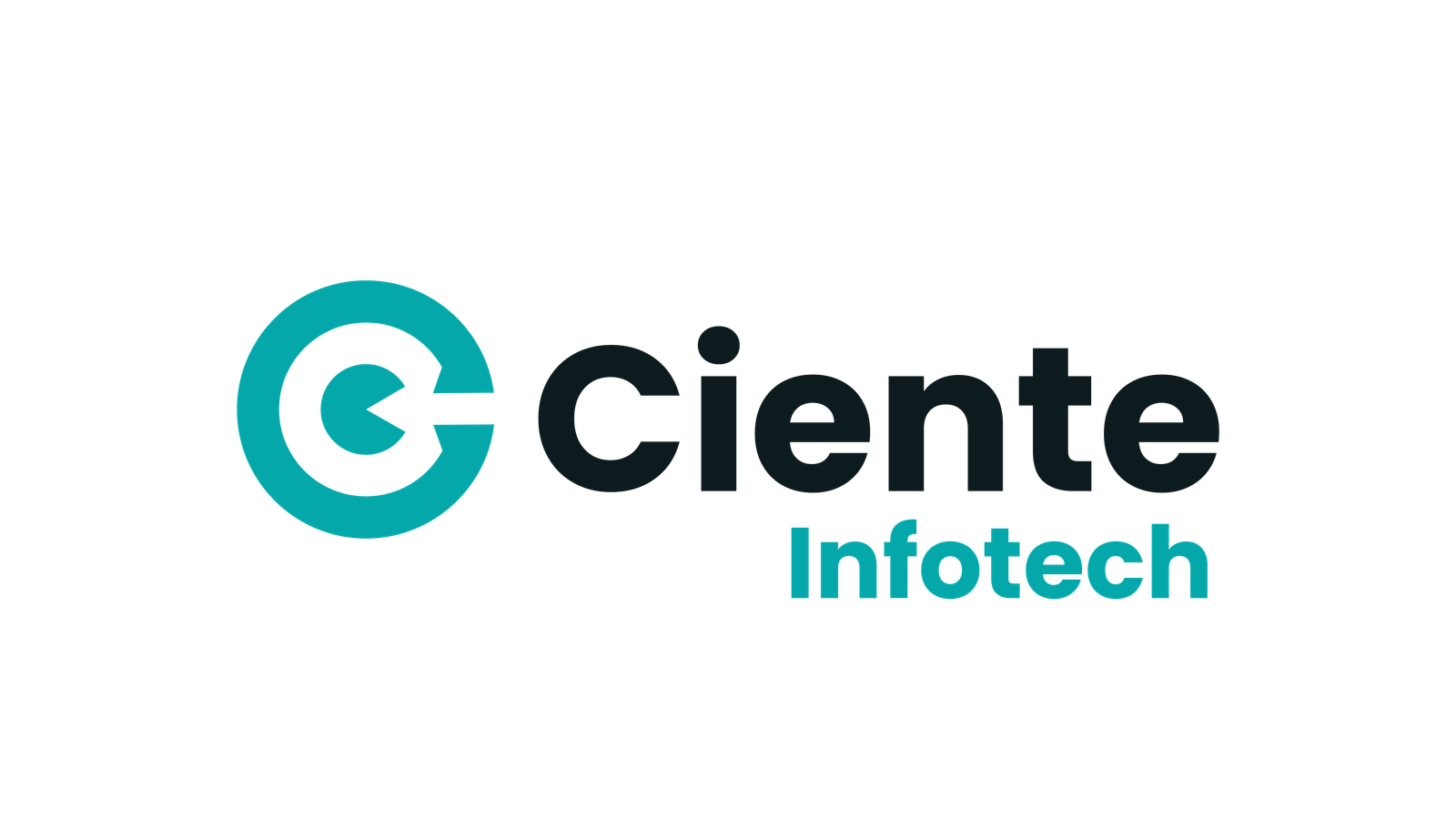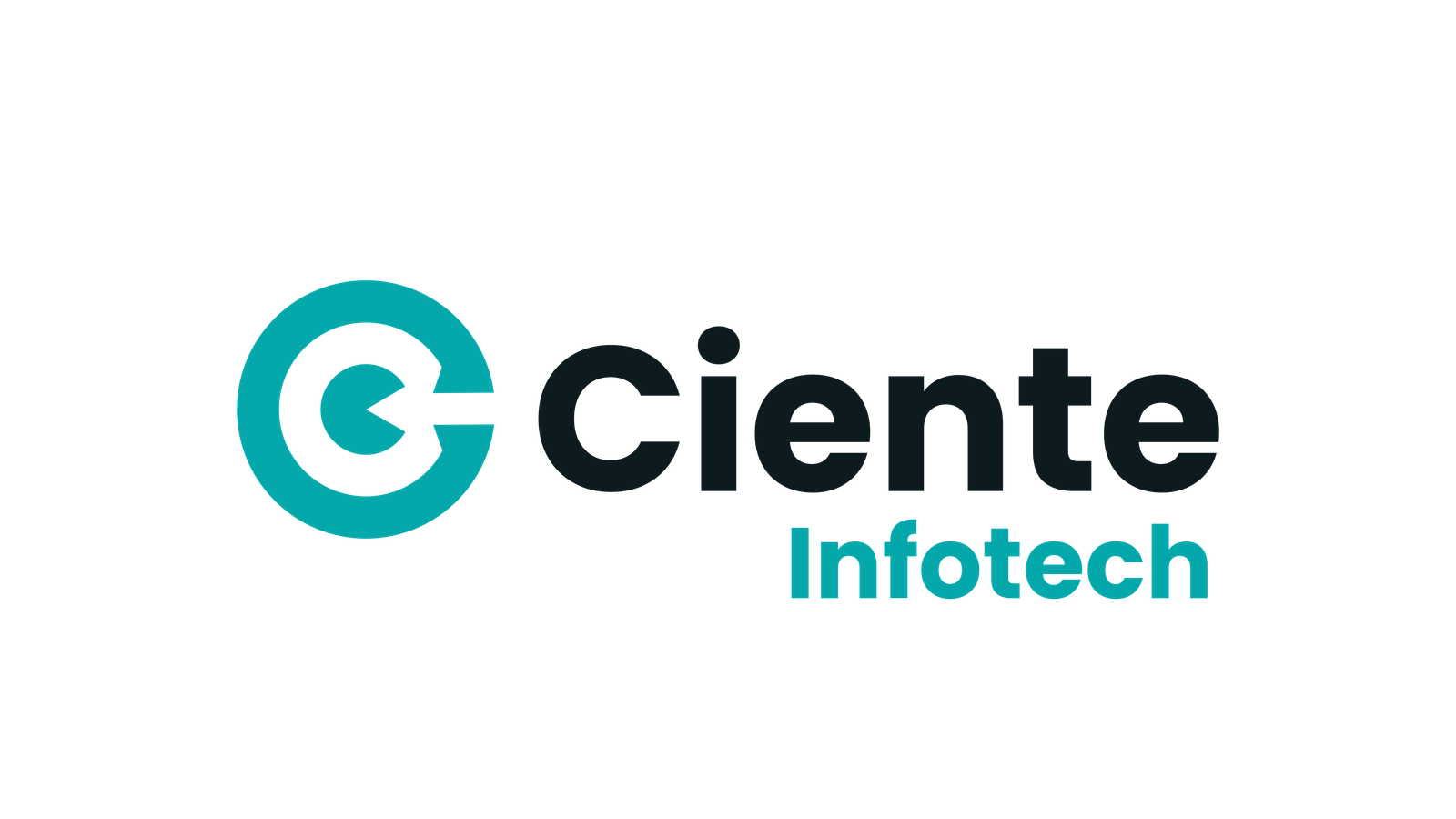News provided by
Feb 03, 2025, 01:12 ET
NEW YORK, Feb. 3, 2025 /PRNewswire/ — Report with the AI impact on market trends – The IT market in Germany size is estimated to grow by USD 31.1 billion from 2024-2028, according to Technavio. The market is estimated to grow at a CAGR of almost 4.07% during the forecast period. Increased adoption of it solutions among german SMEs is driving market growth, with a trend towards increasing adoption of big data solutions by enterprises. However, shortage of skilled it professionals poses a challenge. Key market players include badenIT GmbH, Broadcom Inc., Capgemini Service SAS, Cisco Systems Inc., Dell Technologies Inc., Fortinet Inc., Fujitsu Ltd., Hewlett Packard Enterprise Co., Hitachi Ltd., HUNARI Arik and Hunneck GbR, Infosys Ltd., International Business Machines Corp., Juniper Networks Inc., Lenovo Group Ltd., nextevolution GmbH, Oracle Corp., Siemens AG, Tata Consultancy Services Ltd., Toshiba Corp., and VACE Systemtechnik GmbH.

AI-Powered Market Evolution Insights. Our comprehensive market report ready with the latest trends, growth opportunities, and strategic analysis- View Free Sample Report PDF
| Forecast period | 2024-2028 |
| Base Year | 2023 |
| Historic Data | 2017 – 2021 |
| Segment Covered | End-user (Manufacturing, Government, BFSI, ICT, and Others), Application (Large enterprise and SMEs), and Geography (Europe) |
| Region Covered | Germany |
| Key companies profiled | badenIT GmbH, Broadcom Inc., Capgemini Service SAS, Cisco Systems Inc., Dell Technologies Inc., Fortinet Inc., Fujitsu Ltd., Hewlett Packard Enterprise Co., Hitachi Ltd., HUNARI Arik and Hunneck GbR, Infosys Ltd., International Business Machines Corp., Juniper Networks Inc., Lenovo Group Ltd., nextevolution GmbH, Oracle Corp., Siemens AG, Tata Consultancy Services Ltd., Toshiba Corp., and VACE Systemtechnik GmbH |
Key Market Trends Fueling Growth
The ICT market in Germany is thriving, with IT companies making significant strides in various subsectors. IT-Services, IT-Hardware, and the Software sector are key areas of focus. The Digital Agenda prioritizes Cybersecurity and the E-privacy Regulation. The Internet of Things, Big Data, Health IT, Cloud computing, ERP, Data centers, and Integrated systems are driving innovation. Germany’s National AI Strategy boosts the Artificial Intelligence market, with software AI and automation leading the way. Data Analytics is a growing field, while database management, libraries, and IT industries in sectors like hospitals, banks, shops, prisons, hotels, airports, and train stations benefit from IT solutions. The government supports the IT industry with initiatives like IT Security, IT consultation services, and skilled IT workforce development. Amidst these advancements, security threats necessitate constant IT employee vigilance. Cloud computing services, computers, internet access, and internet penetration are essential infrastructure elements.
In today’s digital business landscape, timely access to precise data is essential for German enterprises to reach their goals and mitigate risks. Initially, the Internet, retail, and advertising industries adopted Big Data solutions in Germany. However, the utilization of Big Data has expanded to various end-user sectors, such as manufacturing, healthcare, utilities, and transportation. Insights derived from Big Data are invaluable for German businesses, enabling them to introduce innovative products and services to the market. By implementing data-oriented technologies, German enterprises can gain a competitive edge and make informed decisions.
Insights on how AI is driving innovation, efficiency, and market growth- Request Sample!
Market Challenges
- The ICT market in Germany is thriving, with IT companies making significant contributions to various subsectors such as IT-Services, IT-Hardware, and the Software sector. The Digital Agenda prioritizes Cybersecurity and E-privacy Regulation, while the Internet of Things, Big Data, Health IT, Cloud computing, ERP, Data centers, and Integrated systems are key areas of focus. The National AI Strategy and Artificial Intelligence market are growing, with software AI, automation, and Data Analytics leading the way. The IT industry faces challenges including security threats, the need for a skilled IT workforce, and government support for IT infrastructure. Key sectors like hospitals, banks, shops, prisons, hotels, airports, and train stations rely on IT for computer systems, internet access, and internet penetration. Cloud computing services and IT consultation services are in demand, while IT employees are essential for hardware systems and database management in libraries.
- German businesses encounter significant challenges in their IT departments due to a scarcity of qualified IT professionals. This shortage creates difficulties in both recruitment and retention. Insufficient professional qualifications limit the pool of potential candidates for open positions. In response, professionals with the necessary qualifications, experience, and skillsets command high salaries. Consequently, small and medium enterprises, as well as the public sector, struggle to find suitable candidates. The recruitment process predominantly relies on online platforms, with job vacancies advertised on company websites and career portals. Traditional recruitment methods, such as newspapers, trade magazines, and employment agencies, are increasingly irrelevant.
Insights into how AI is reshaping industries and driving growth- Download a Sample Report
Segment Overview
This IT market in Germany report extensively covers market segmentation by
- End-user
- Manufacturing
- Government
- BFSI
- ICT
- Others
- Application
- Large Enterprise
- SMEs
- Geography
- Europe
1.1 Manufacturing- The German manufacturing sector, home to major automotive and engineering companies, is undergoing a digital transformation, moving from Industry 4.0 to Industry 5.0. This shift focuses on human-machine collaboration, building on the foundation of optimized production processes established by Industry 4.0. Big Data and analytics are key technologies enabling this transformation, with data collected from production equipment, enterprise systems, and customer management systems. This data is used to optimize production quality, reduce costs, expedite production times, and deliver superior customer support. Manufacturers are also adopting autonomous robots, controlled by underlying software, for utility purposes in manufacturing and distribution plants. Robots, equipped with capabilities such as welding, painting, assembling, and product inspection, facilitate cost efficiency and increased productivity. Additionally, cloud-based software for enterprise applications, Big Data, and analytical applications is reducing data processing times, enabling a data-driven production environment. German enterprises are also investing in manufacturing execution systems with monitoring and controlling functionalities. The use of manufacturing intelligence allows industries to closely speculate on mechanical and procedural challenges, moving to advanced modes of data collection using sensors, actuators, assets, production analysis, and more. These factors are expected to drive the growth of the IT market in Germany during the forecast period.
Download complimentary Sample Report to gain insights into AI’s impact on market dynamics, emerging trends, and future opportunities- including forecast (2024-2028) and historic data (2017 – 2021)
Research Analysis
The ICT market in Germany is a thriving industry, encompassing various IT subsectors including IT-Services, IT-Hardware, and the Software sector. The German IT industry is a significant contributor to the country’s economy, with a focus on innovation and digital transformation. The Digital Agenda is a key initiative driving the growth of the IT sector, with initiatives in areas such as Cybersecurity, E-privacy Regulation, Internet of Things, and AI. Germany is home to numerous IT companies, providing services and solutions in areas such as database management, libraries, hospitals, banks, shops, and more. Cloud computing services are increasingly popular, with the Internet playing a crucial role in enabling remote work and digital transformation. The IT industry in Germany faces challenges such as the need for a skilled IT workforce, security threats, and the implementation of regulations like the E-privacy Regulation. IT employees are in high demand, and IT consultation services are essential for businesses seeking to navigate the complex IT landscape. IT hardware remains an important component of the IT industry, with continued investment in areas such as data analytics and automation.
Market Research Overview
The ICT market in Germany is a significant contributor to the country’s economy, with IT services, hardware, and software subsectors playing essential roles. The Digital Agenda is a key initiative driving the growth of the IT industry, focusing on areas such as cybersecurity, e-privacy regulation, and the Internet of Things. Big Data, Cloud computing, ERP, data centers, and integrated systems are major IT subsectors experiencing growth. Health IT, AI, automation, data analytics, and IT security are emerging areas of opportunity. The IT industry caters to various sectors, including hospitals, banks, shops, prisons, hotels, airports, and train stations, with government support ensuring the availability of skilled IT workforce and internet access. Security threats necessitate continuous investment in IT consultation services and hardware systems. Germany’s National AI Strategy and the growing market for software AI further underscore the importance of IT in the country’s digital transformation.
Table of Contents:
1 Executive Summary
2 Market Landscape
3 Market Sizing
4 Historic Market Size
5 Five Forces Analysis
6 Market Segmentation
- End-user
- Manufacturing
- Government
- BFSI
- ICT
- Others
- Application
- Large Enterprise
- SMEs
- Geography
- Europe
7 Customer Landscape
8 Geographic Landscape
9 Drivers, Challenges, and Trends
10 Company Landscape
11 Company Analysis
12 Appendix
About Technavio
Technavio is a leading global technology research and advisory company. Their research and analysis focuses on emerging market trends and provides actionable insights to help businesses identify market opportunities and develop effective strategies to optimize their market positions.
With over 500 specialized analysts, Technavio’s report library consists of more than 17,000 reports and counting, covering 800 technologies, spanning across 50 countries. Their client base consists of enterprises of all sizes, including more than 100 Fortune 500 companies. This growing client base relies on Technavio’s comprehensive coverage, extensive research, and actionable market insights to identify opportunities in existing and potential markets and assess their competitive positions within changing market scenarios.
Contacts
Technavio Research
Jesse Maida
Media & Marketing Executive
US: +1 844 364 1100
UK: +44 203 893 3200
Email: media@technavio.com
Website: www.technavio.com/
SOURCE Technavio



